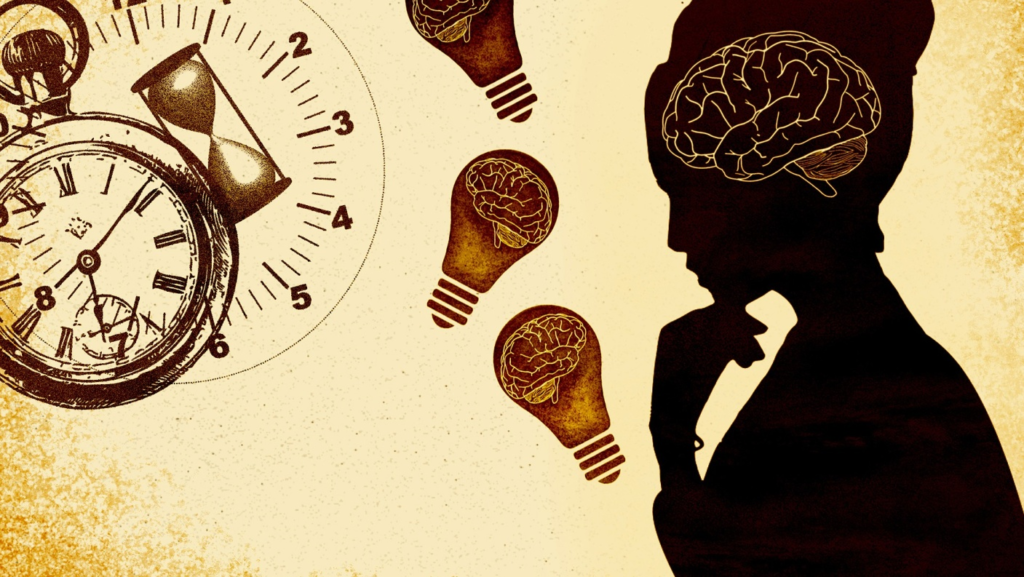
- admin
- July 4, 2022
- 10:56 am
- No Comments
Forget to Sleep and Forget It All: How Sleeping Late Affects Your Exam Preparation
Sleep is essential for memory and learning—there’s no denying that. While most people understand how important it is to get your eight hours when preparing for an exam, many fail to get themselves the right eight hours. If you’re applying for the NYC Sanitation Exam, we strongly encourage you to give it your best—but don’t lose your sleep over it.
In this article, we take a deep dive into how your brain keeps a sleep schedule and what happens when you don’t sleep according to your internal clock. We discuss this in the context of your ability to prepare for an exam and your performance on the exam day. Let’s start by understanding your brain’s primary sleep-wake cycle, the circadian rhythm.
 The Circadian Rhythm: Your Internal Biological Clock
The Circadian Rhythm: Your Internal Biological Clock
Our brains have an internal clock called the circadian rhythm that tells the rest of our brain and body what day it is. This rhythm generally repeats itself every 24 hours, but there are exceptions to this, which we’ll get to shortly.
The circadian rhythm is governed by two hormones: melatonin and serotonin. When your circadian rhythm says “it’s sleep O’clock”, your body releases melatonin, which prepares your body for a long slumber. Melatonin governs all hormonal and physical changes in your body needed for sleep, such as lowering serotonin levels and decreasing core body temperature.
On the other hand, serotonin is responsible for inducing wakefulness in the morning and keeping you energetic throughout the day. So, the circadian rhythm uses melatonin to put you to sleep and serotonin to pull you out of bed. However, the circadian rhythm isn’t too confident about its accuracy. It keeps a small margin of error and is constantly trying to match the actual time of the day. It does so primarily by measuring the blue light your eyes get.
In a natural environment with no artificial light sources (like how our species lived most of its history), your eyes get blue light from the sun during the day. When blue light enters your eyes, your brain associates it with daylight, and your body releases serotonin. This is good when you need energy during the day. However, when the same thing happens close to bedtime, the released serotonin lowers melatonin and pushes your bedtime farther.
If you prepare for your DCAS exams too close to bedtime, you’d probably be exposing your eyes to a lot of blue light. This will make it harder to sleep. If you have to wake up at the same time every morning, you’ll get less sleep. As we’ll see, this affects both your learning ability and your ability to recall memories.
The NREM and REM Sleep Cycles
When you fall asleep, your brain goes through cycles of two basic types of sleep: the Non-Rapid Eye Movement (NREM) sleep and the Rapid Eye Movement (REM) sleep. By measuring subjects’ brain waves while they sleep, scientists have found a general pattern of these cycles for an average person.
As soon as you lose consciousness, your brain goes into a deep NREM sleep and gradually moves to REM sleep at the 2-hour mark. Your brain goes through five cycles of this each night—but only if you sleep on time.
You see, the NREM and REM cycle is controlled by your circadian rhythm. If your circadian rhythm makes you sleepy at 12 and you spend an hour more preparing for the NYC Sanitation Exam, you will miss the first hour of NREM. This means that sleeping from 1 am to 9 am won’t give you the same benefits of sleep if your normal sleeping time is from 12 am to 8 am.
 Let’s say you’re preparing for the Suffolk Police Exam, and you suddenly realize it’s an hour past your bedtime. Should you only sleep for only 7 hours? We’re afraid that won’t work. This is because there’s another hormone that controls your sleep called adenosine. Adenosine takes eight hours of sleep to deplete on an average night. So sleeping from 1 am to 9 am isn’t as good as sleeping from 12 am to 8 am, but it’s still better than sleeping from 1 am to 7 am.
Let’s say you’re preparing for the Suffolk Police Exam, and you suddenly realize it’s an hour past your bedtime. Should you only sleep for only 7 hours? We’re afraid that won’t work. This is because there’s another hormone that controls your sleep called adenosine. Adenosine takes eight hours of sleep to deplete on an average night. So sleeping from 1 am to 9 am isn’t as good as sleeping from 12 am to 8 am, but it’s still better than sleeping from 1 am to 7 am.
Note: Different people have different natural circadian rhythms and these numbers are only an example to explain the principle. If you normally go to sleep at 2 am, continue doing that by all means.
So sleeping on time is important to maintain your circadian rhythm and get proper NREM and REM sleep—but how exactly does this translate to exam preparation? Here’s how:
How NREM and REM Sleep Help You Learn and Memorize
NREM sleep is a state of your brain that is completely different from your wakeful state. It’s like the boot menu of a computer—your entire brain is doing something completely different from what it does in its functional state. According to a model, your neurons work together to transfer your memories of the day from your temporary memory to your permanent memory.
REM sleep is essential for higher-order learning. It replays your memories and attempts to discover deeper meaning in facts. This is essential for exams that need cognitive abilities, such as the FDNY Exam.
If you forget to sleep on time, you won’t get enough NREM and REM and won’t be able to remember or learn. You don’t gain anything by sacrificing sleep for exam preparation; you’re left worse off. It’s an awful tradeoff.
Civil Service Success has announced preparation classes for the NYC Sanitation Exam this year. We’re the longest-established institute preparing candidates for many civil service exams in NYC, including the Suffolk Police Exam.
Want to prepare for your DCAS exams the right way? Register for classes now!

